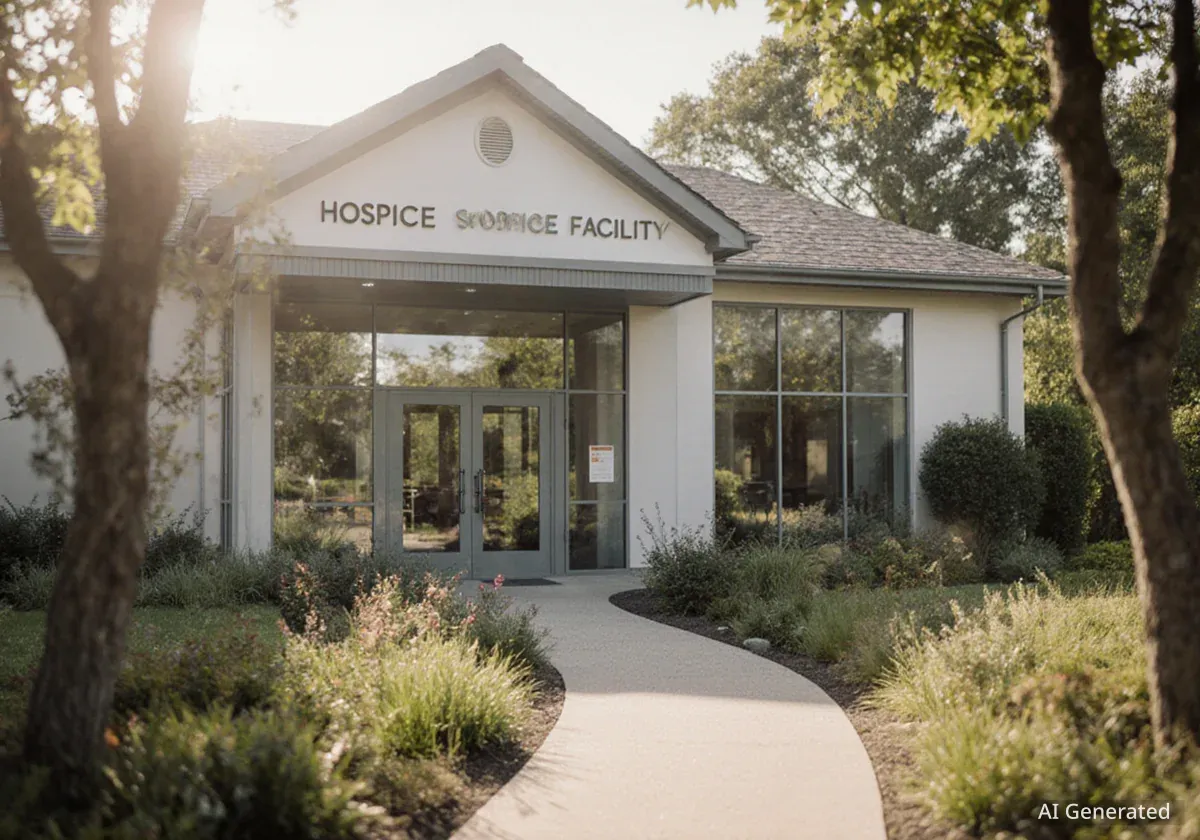The Swiss Red Cross (SRC) Ambulatorium for Torture and War Victims in Wabern provides vital psychological support to refugees suffering from severe trauma. This facility, a pioneer in Switzerland, helps approximately 200 individuals annually, many of whom have experienced extreme violence and displacement.
The center addresses the critical need for mental health services among the refugee population in Switzerland, with experts estimating that half of all refugees arriving in the country suffer from trauma-related disorders.
Key Takeaways
- The SRC Ambulatorium in Wabern supports about 200 traumatized refugees each year.
- Around 50% of refugees in Switzerland experience trauma-related disorders.
- The center, established 30 years ago, was Switzerland's first for torture victims.
- Early intervention and trust-building are key components of the therapy.
- Psychotherapists face challenges, including staff turnover and feelings of helplessness regarding global conflicts.
Addressing Deep-Seated Trauma
Many individuals arriving at the Ambulatorium have endured unimaginable hardships. These experiences leave lasting psychological scars that deeply affect their daily lives. The center focuses on helping patients process these difficult memories.
For example, Yusuf, an 18-year-old who arrived in Switzerland three years ago as an unaccompanied minor, represents many patients. He witnessed his father's murder by the Taliban and was himself subjected to electric shock torture. His journey to Switzerland involved months of severe deprivation, including hunger, cold, exhaustion, and constant fear.
"Experts estimate that half of the refugees who come to Switzerland suffer from a trauma-related disorder," states Marianne Jossen, who recently became the head of the Ambulatorium.
This statistic highlights the widespread need for specialized care. The figures are based on a study commissioned by the Federal Office of Public Health.
The Impact of Trauma on Daily Life
Trauma manifests in various ways, often making it difficult for individuals to function normally. Yusuf, for instance, struggles in asylum centers, plagued by nightly nightmares of torture and family separation. He finds it hard to make friends and avoids talking about his family.
His concentration is poor, and he remains constantly on edge, experiencing sudden flashbacks of his torture. These symptoms are common among trauma survivors.
Key Statistics
- The Ambulatorium serves approximately 200 patients annually.
- About one-third of patients are female.
- Roughly one-quarter of patients are under 17 years old.
- Most patients come from Afghanistan, Turkey, Syria, and Sri Lanka.
Eventually, Yusuf's social worker referred him to the Ambulatorium. He began psychotherapeutic treatment in 2023. The center aims to intervene as early as possible.
Therapeutic Approaches and Challenges
Marianne Jossen explains that trauma is often not visible from the outside. "Avoidance is a typical symptom of a post-traumatic stress disorder," she says. However, chronic stress and lack of sleep lead to physical problems such as backaches and headaches.
The Ambulatorium prioritizes individuals whose daily lives are severely disrupted by their experiences. "The earlier therapy begins, the higher the chance of healing," Jossen emphasizes. The center does not maintain a strict waiting list due to its potential length and the urgent need for care.
The Ambulatorium Team
The team in Wabern includes eight psychotherapists and five social workers. They provide comprehensive care to patients from diverse backgrounds, primarily from Afghanistan, Turkey, Syria, and Sri Lanka.
For young patients like Yusuf, who was 15 when he started therapy, the initial phase involves understanding what psychotherapy is. Language barriers are common, requiring interpreters to convey not just words but also complex cultural concepts of mental health. For instance, a patient might describe having "a storm in their head."
Building Trust and Stability
Valentina Achermann, a therapist at the Ambulatorium specializing in children and adolescents, highlights the importance of initial stabilization. "The first step is to stabilize the patient and build trust," she states.
During therapy, Yusuf learned that his symptoms were normal reactions to his traumatic experiences. He was taught sleep rituals and relaxation exercises to manage difficult emotions. Imagining a safe place also helped him feel secure.
For some patients, these initial steps are enough to regain control over their daily lives. Others require more intensive treatment, including confronting their traumatic memories in a safe, controlled environment. Achermann notes that this can be an extremely painful process.
The Role of Trauma Exposure
Trauma exposure therapy helps patients reprocess distressing memories. The goal is to integrate the traumatic events into their past, ensuring they no longer dominate the present. "Forgetting is not the goal, and it's not even possible," says Valentina Achermann.
Instead, the therapy aims to help patients contextualize their experiences within their life story and focus on their future. This process allows them to move forward without being constantly overwhelmed by the past.
A History of Pioneering Support
The Swiss Red Cross established the Ambulatorium 30 years ago. It was Switzerland's first "Therapy Center for Torture Victims." This initiative followed a University of Bern study that revealed a significant problem: one in four of the approximately 30,000 recognized refugees living in Switzerland at the time had been tortured.
Hasim Sancar, a Kurdish refugee from Turkey, helped conduct this study. He interviewed 30 tortured refugees. Sancar, who later served in the cantonal parliament for the Green Party, described the experience as deeply affecting. "You are not the same person afterward," he recalled.
Sancar worked as a social worker and therapist at the Ambulatorium for 15 years. The center sought expertise from existing facilities in Berlin and Copenhagen. Today, Switzerland has four additional centers offering similar support.
Facing Challenges and Political Action
Despite the critical work, the job at the Ambulatorium remains emotionally demanding. High staff turnover is a persistent issue due to the intense nature of the work. Sancar credits his family, sports, and political involvement with helping him manage the emotional toll of his patients' stories.
Valentina Achermann began working at the Ambulatorium during her psychotherapy training due to a shortage of specialists. She admits to feeling helpless about global conflicts but finds it difficult to accept how refugees are treated within the asylum system in Switzerland. Her political engagement with the Social Democratic Party (SP) in both city and cantonal councils serves as an outlet for these feelings.
Yusuf recently received a residence permit after a long wait. His psychological condition has improved since moving into his own apartment. He is now preparing for an apprenticeship, though the fate of his family remains unknown.




